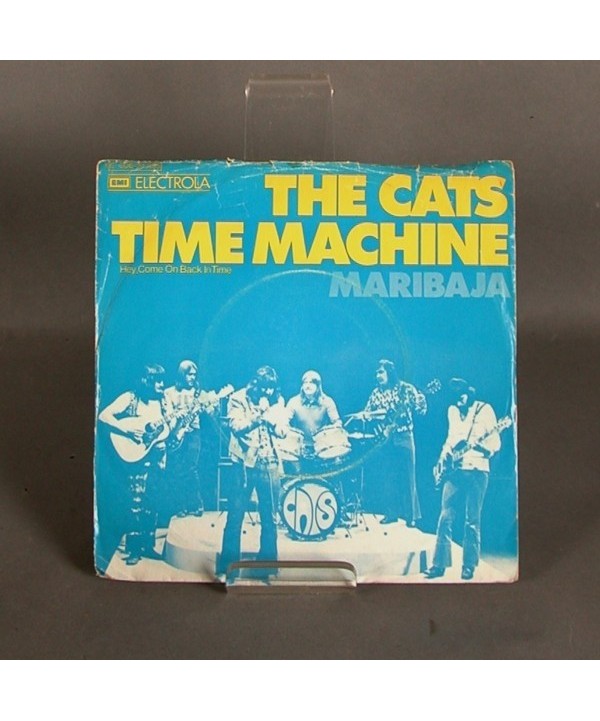
McAdam’s loving but slightly frazzled Barbara is no stuck, struggling Betty Draper-from- Mad-Men figure, but her own ghosts haunt the film. If this unpreachy film has a message it’s that a bit more adult candor would go a long way to smoothing that transition.īut if adolescence here is a rollercoaster of wild, incomprehensible feelings – just as in Blume’s empathetic prose – adulthood isn’t always much easier. Their secret club mixes whimsical, Wes Anderson-esque rules (no socks!) and chanty slogans (‘We must, we must, we must increase our busts!’) and a camaraderie that helps demystify puberty. Luckily, she also has her first girl posse to compare notes with, led by the sparkily imperious Nancy Wheeler (Elle Graham). Margaret, meanwhile, is facing a galaxy of firsts: her first trip to temple her first crush first bra first period and – shock horror – her first glimpse of a penis in an school textbook. Here, she sketches out the struggles of Margaret’s family to adapt to life in the burbs in small incidents: dad slicing his hand in the alien act of mowing the lawn mum adjusting to neighbours whose hospitable aura is cut with a sour tang of snobbery. The title reflects Margaret’s habit of addressing God directly, although which god she’s addressing becomes the big question.Īs her directorial debut The Edge of Seventeen proved, Kelly Fremon Craig doesn’t talk down to her young characters or downplay their worries. That he’s also Jewish becomes an increasingly significant detail.

Her mum, Barbara (Rachel McAdams), is an art teacher who has lost her creative mojo amid all the strains of family life dad, Herb ( Uncut Gems filmmaker Benny Safdie, showing off his cuddly side), is cheerily encouraging but mostly caught up in the 9-5 grind. Sixth-grader Margaret (hugely likeable newcomer Abby Ryder Fortson) is 11 years old and suffering a form of whiplash as her family decamps from disco-era Manhattan to the stuffy New Jersey ’burbs, leaving behind her beloved, generous-spirited but slightly controlling grandma (Kathy Bates, a blast). Talking frankly to young people about the trials and tribulations of growing up, she’s been there for generations of teens.Īll that joy, pain, frankness and heart parlays quite beautifully into what, surprisingly, is the first proper big-screen adaptation of her work (not counting 2012’s bang-average Tiger Eyes ). Her candid, endlessly relatable writing has connected to the tune of 80 million books sold over the past half century. For Americans of all ages, Judy Blume is up there with Mr Rogers and Dr Seuss as you a childhood spirit guide you never really grow out of.


 0 kommentar(er)
0 kommentar(er)
